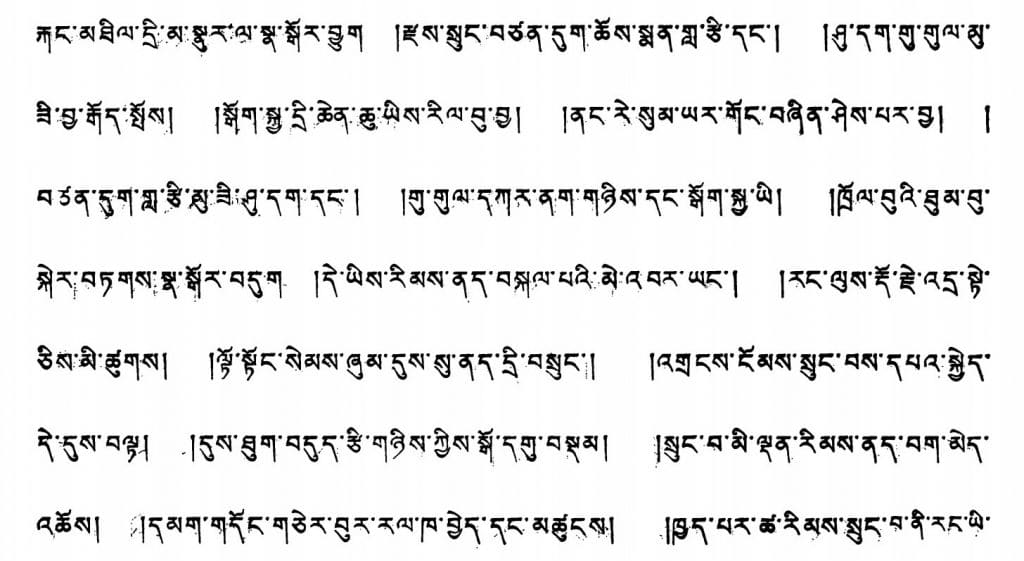It’s January 27th, 2020, and the world is on edge…
A new coronavirus (2019-nCoV) has ravaged the People’s Republic of China, originating in the central province of Hubei, specifically, at a seafood and animal market in the capital city of Wuhan. Officials suspect that the virus originated in a bat or a snake, then mutated after being transmitted to a human.
Local Chinese authorities have been criticized for their delayed response to the epidemic, which inauspiciously coincided with the start of the Lunar New Year–the largest travel holiday for the country of 1.4 billion people. As a result, millions of people were able to travel around China, and the entire world, unrestricted, possibly carriers of the dangerous virus.
To add to the quagmire, this new coronavirus is said to have an incubation period of 2 to 14 days, and is transmissible while the patient is asymptomatic. This means that a carrier of the virus can effectively spread the virus to a number of others, while feeling perfectly fine.
Given the circumstances, China has taken extreme measures to control the spread of the virus. At the time of this writing the government has quarantined entire cities, is building two 1,000-bed hospitals in 10 days’ time, and is closing areas of public congregation like movie theaters and amusement parks.
Meanwhile, the rest of the world is closing its borders with China, and preparing for the worst. This may very well be the world’s next pandemic.
What can be done to protect yourself from contracting this terrible pulmonary virus?
International health organizations, spokespeople for major governing bodies, and doctors on TV are all saying the same thing:
- Wash your hands often with soap and water for at least 20 seconds. If soap and water are not available, use an alcohol-based hand sanitizer.
- Avoid touching your eyes, nose, and mouth with unwashed hands.
- Avoid close contact with people who are sick.
- Stay home when you are sick.
- Cover your cough or sneeze with a tissue, then throw the tissue in the trash.
- Clean and disinfect frequently touched objects and surfaces.
While the bulk of these recommendations are helpful, the suggestion of hand sanitizer is not. Novel Coronavirus is a virus with a protective envelope, and so, would be unaffected by most disinfectant hand sanitizers. If anything, overuse of hand sanitizer leaves the skin more susceptible to pathogens, as protective body flora are eliminated from the skin’s surface.
What does Tibetan Medicine say about protecting yourself from coronavirus (2019-nCoV)?
Tibetan medical science details two methods to protect oneself from contracting communicable diseases, of which the Novel Coronavirus is one: using mantras and medicines–in this post I will focus on the latter. For those of you interested in the aforementioned protective mantras, they are enumerated in the 26th chapter of the fourth and final tantra of the canon of Tibetan medicine.
[Translation] For a protective substance, combine aconite, the ritual medicines, musk, sweet flag, frankincense, sulfur, delphinium brunonianum, garlic, stool supernatant and roll them into pills. Take one pill three times per day, or, wrap coarsely ground aconite, musk, sulfur, sweet flag, white and black frankincense, and garlic in a piece of cloth, wear it around the neck and [occasionally] inhale it’s aroma through the nose. With this, regardless of the contagion of the era, the body is rendered as indestructible as a diamond.
Avoid exposure to the disease while on an empty stomach, or when feeling discouraged and fearful. Visit an infected patient only when hunger is satisfied, and you feel enough courage and confidence. At that time, apply ‘the two nectars’ to the body’s nine orifices. Without protection, the disease will spread extensively: this would be akin to going into war without armor.
While most may not have the means or know-how to reproduce the above prescriptions, a more practical solution to protecting yourself and your family from the Novel Coronavirus, as well as other contagious diseases, is to burn natural incense made from ‘cooling’ medicines. Cooling medicines are effective against contagious diseases as they halt their spread through counteracting the ‘hot’ communicable nature of the pathogens. While the excerpt above mentioned a few cooling medicines for a specific formula, there are a great many others that also produce a similar effect, such as lavender, myrrh, and camphor. These naturally antiviral and antibacterial substances will help keep your environment free from infectious diseases. This is a common practice in traditional Tibetan hospitals, as well as the author’s own clinic; and is an effective way to protect vulnerable health care practitioners and also guard against nosocomial diseases. The use of protective medicine or aromatic fumigation should be adopted in addition to the typical practices of general hygiene as advocated by major international health bodies to guard against contracting coronavirus and other contagious diseases.
For more information as to what constitutes ‘heating’ or ‘cooling’ foods and medicines, practical healthful diet and lifestyle practices, please refer to the author’s latest book on Amazon: The Eight Principles of Good Health: Modern Health Advice from an Ancient Healing System.



SEO Reseller
Awesome post! Keep up the great work! 🙂
EzDean Fassassi
Thanks, stay safe.